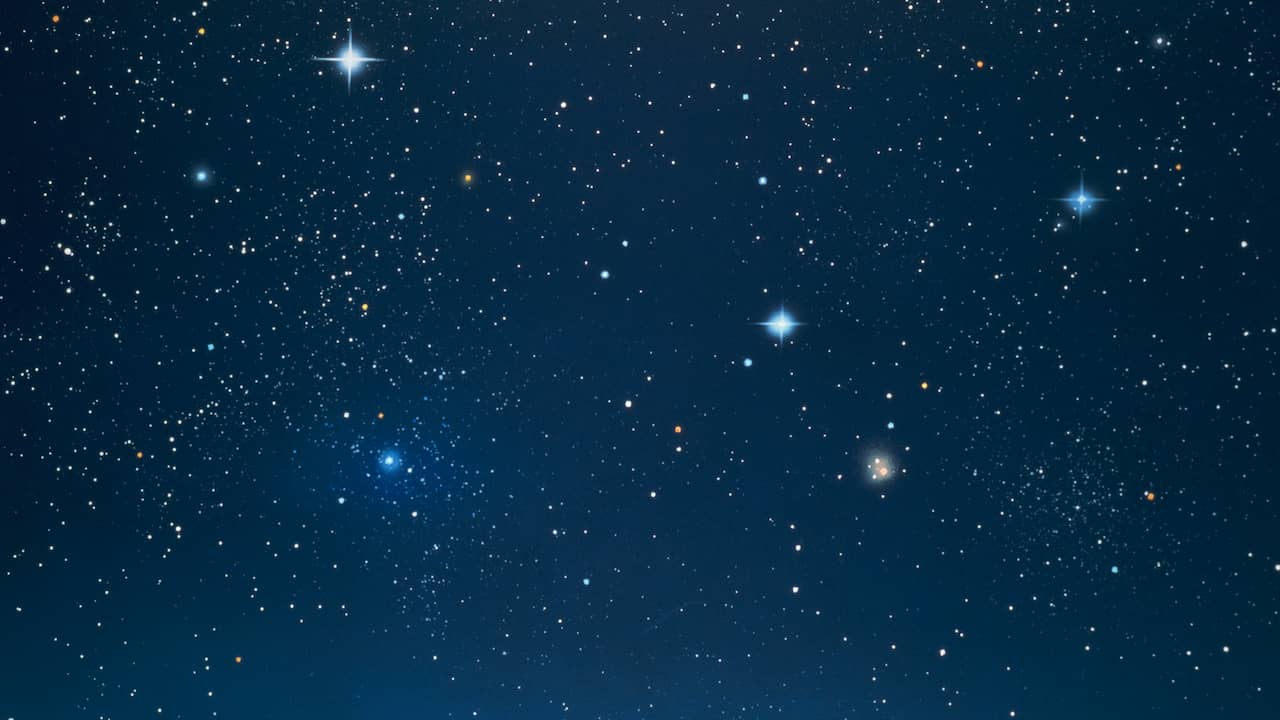Astronomers have been studying galaxies for nearly eleven billion years. The discovery is remarkable because instead of emitting light, it “absorbs” light, say scientists at the Cosmic Dawn Center in Copenhagen.
We can usually see an object for two reasons: because it emits light, like the sun, or because it reflects light, like the moon. This is not the case now. Using the Hubble Space Telescope, scientists have discovered a galaxy that absorbs light, according to a report research Which are published in scientific journals Astronomy and astrophysics.
The “Drink Galaxy” is located near a regular luminous galaxy. The drink version captures some of that light. Absorption of starlight occurs due to the presence of gas and dust particles found between stars.
If the light comes out, astronomers can use telescopes to see if there are dark spots so that there is something blocking or absorbing the light. Depending on the number of black spots and the amount of light lost, scientists can deduce its characteristics.
The natural systems visible in the background are called quasars. It is the brightest core in the galaxy. The quasar behind the slate galaxy is bright red. This is what makes scientists think. Devouring galaxies tend to absorb blue light, not red light. So, if the quasar is very red, it’s possible that this mud galaxy exists.
The discovered galaxy emits more light than any previously discovered galaxy. This suggests that these are “mature” galaxies: perhaps up to eleven billion years old. The pulp galaxies are close together and, according to scientists, will eventually form one large galaxy. This is similar to the Milky Way so it is interesting to investigate.
2023-09-12 03:24:21
#Astronomers #discover #billion #year #galaxy #absorbs #light.Science


